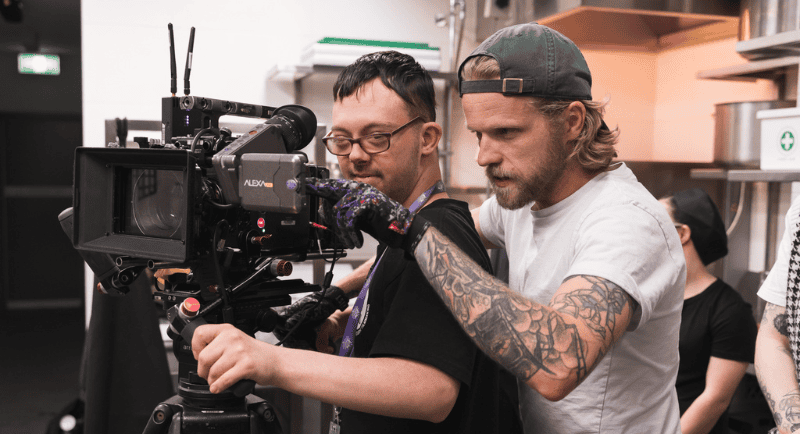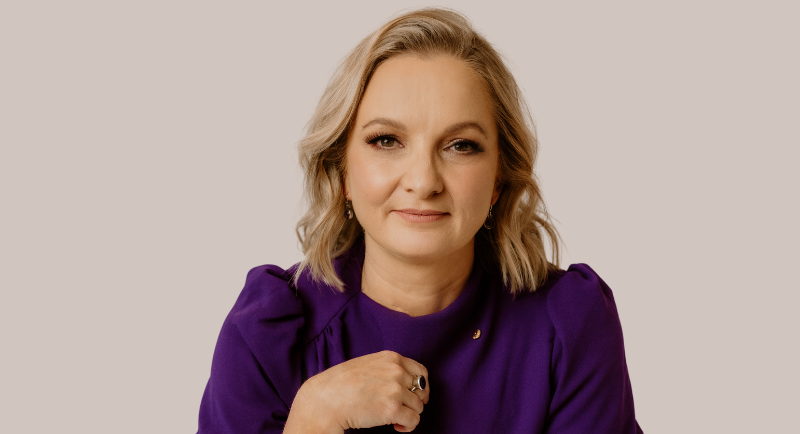Unstereotype Alliance Australia, convened by UN Women, will participate in Bus Stop Film’s inaugural Driving Change Disability Employment Summit to advocate that progressive disability representation in advertising and media content should go beyond the Paralympics.
The summit, which will be hosted at Bondi Pavilion on 18 and 19 November, will include international speakers and industry leaders and explore, elevate and celebrate the employment of people with disability on both sides of the camera across film, TV and advertising.
The strategic priority is to adopt an intersectional approach to the progressive portrayal of all people and address the diverse representation of gender, race, ethnicity, disability and age in Australian media and advertising content.
Panel conversation will centre around advertisers playing an active role in dismantling stereotypes in the disability space and how to demonstrate more diverse and inclusive character portrayals instead.
The panel will form part of Unstereotype Alliance Australia’s ‘Conversations for Change,’ a series aimed at inspiring the industry and driving positive change – and one of several projects aiming to bring the strategic priority to life.

Disability advocate Lisa Cox will moderate the panel which will feature disabled actors Sara Shams and Rae Pastuszak, as well as Unstereotype Alliance members representing IPG and WPP – Raj Gupta, chief strategy and growth officer, UM Australia, and Sam Turley, innovation lead, Mindshare and Priya Addams Williams, Shift 20 Initiative lead (Dylan Alcott Foundation).
Tracey Corbin Matchett OAM, CEO of Bus Stop Films, said: “When brands and their agencies are brave and make even small changes they can drive huge societal impact. Stereotypes remain one of the most significant barriers to global equality.
“This panel will focus on advancing disability representation beyond the Paralympics, highlighting how advertisers can actively dismantle stereotypes, foster authentic representation, and steer clear of tokenism which is sadly pervasive in disability representation. The Summit is a two-day immersive experience of best practice.”
“The power and influence of industries like film and advertising cannot be underestimated,” Lisa Cox said. “Especially when it comes to shaping public perceptions which impact social outcomes for people with a disability.
“I’m thrilled to be speaking at this event alongside other industry professionals who share the vision to improve the representation of people with a disability, the world’s largest minority, on both sides of the camera. Impact is always greater when we work together and I’m excited to explore practical solutions that can be implemented to produce positive results for both the disability community and business.”
Raj Gupta, chief strategy and growth officer at UM Australia, said: “Recent research by Unstereotype Alliance conducted by Oxford University’s Said Business School shows that there is a strong business case for creating diverse and inclusive content.
“The research shows that inclusive advertising improves both short and long-term brand equity and sales. Building inclusive content into a marketers commercial strategies futureproofs growth for their brands and business. Really, based on the empirical evidence it’s a no-brainer however you look at it.”
Sam Turley, invention lead at Mindshare, added: “To eliminate stereotypes in advertising and media content, it’s crucial that brands authentically reflect the diversity of the audiences they seek to reach across every touchpoint. We hope these discussions inspire agencies and marketers to adopt a more inclusive approach, from the initial brief right through to the media investment.”
–
Top image: Tracey Corbin Matchett
